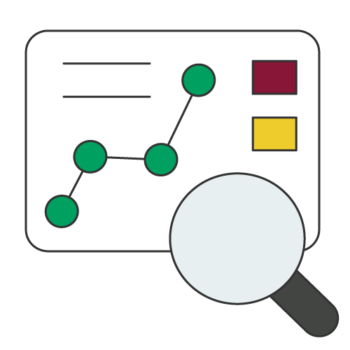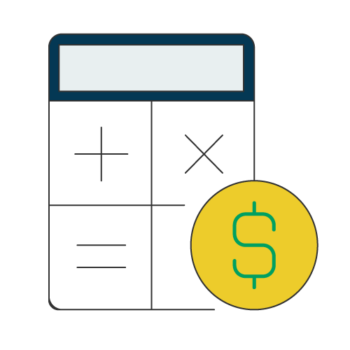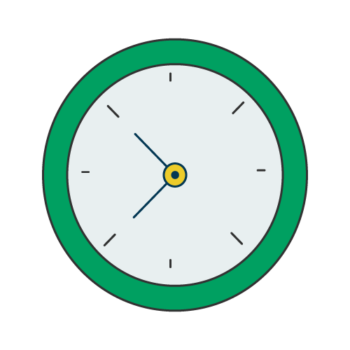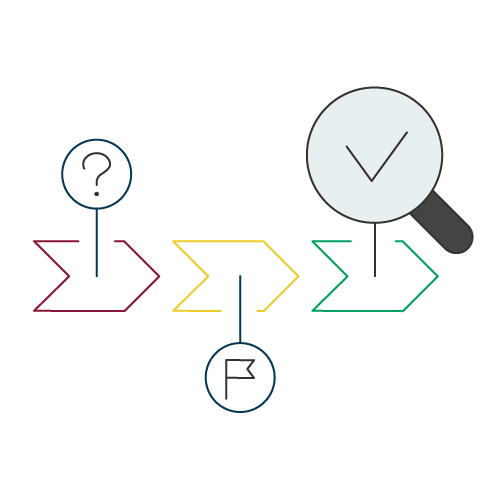Let’s set the scene: You’ve got a project. It’s probably not the most important thing you or your company will do this year but it’s meaningful. There’s a real chance to move the needle with this one. Maybe you’re considering reorganizing your reg affairs department or outsourcing function. Maybe you’re launching your CRO’s services in Eastern Europe or building a new bioprocessing facility in a non-traditional region of the world. It’s important and could increase sales, capture additional market share, and bolster your professional accomplishments.
So, you build a plan. You define the outcomes you want to achieve, setting stretch objectives and establishing likely outcomes. You develop strategies and tactics that will be employed along the way and assign ownership of these activities so that specific team members are accountable for their completion. You establish timelines, including quarterly check-ins to evaluate progress and redirect your team’s resources, where necessary. And you launch.
Here is what you didn’t do: seek to understand; to uncover barriers to success; to understand the market’s perspective; to systematically validate your assumptions. This article explores the primary reasons a person does not conduct market research. Yes, this is coming from the CEO of a market research company and you should, therefore, view this with a degree of skepticism. But read on. When you’re finished, if you can’t tell that I’ve been in your shoes and understand your world, I’ve failed at my mission. Feel free to tell me so.
And so, without further ado…
1. I know my customers / market.
A personal favorite. “I know my customers,” declares the head of sales. “If I don’t know what my customers want, I’m not doing my job.” Where to start with this statement…First, it means one of two things. Either the head of sales actually believes they know all things relevant about their customers or they believe that stating otherwise shows an unhealthy distance between them and their customers.
We’ll start (and finish) with the second interpretation since I’m not sure we can do anything with the first. Markets and customers change. Usually over long periods of time, sometimes quickly. But they always change. Market research is one important tool that sheds light on our blind spots. Credibility—and topic mastery—is built on the humility required to acknowledge the blind spots in our market vision and our plans to illuminate those blind spots. We’re not omniscient and that’s ok.


2. I don’t trust market research.
Good. You shouldn’t simply trust that market research produces accurate data. Research consists of 2 separate and equally important elements:
Process
For research to provide reliable and valid (i.e., trustworthy) results it must be designed and executed properly. Generally, this speaks to study methodology; selecting appropriate methods for the research questions and outcomes you need to achieve. Not every question / market / problem is appropriate for a survey or interview or focus group or experimental design. Your research partner should be able to marry your specific circumstances to an appropriate methodology.
Domain expertise
Is it possible to execute a well-designed study and still have results that “just don’t sit right?” Of course it is. Research does not take place in a vacuum. In our case, it takes place in the context of drug development, manufacturing, and commercialization. Someone proficient in market research in public utilities or mobile technologies isn’t the right fit for a project in automotive or healthcare.
The vocabulary used, the competitive insights, the dynamics of growth and change for an industry, and the understanding of product and service nuances lead to quality conclusions. Your research partner should be able to speak your language. If you have to explain what a clinical trial is… if you have to explain how a biologic is different from a small molecule product… keep looking.
3. I’m not a stats person.
Perfect. You don’t need to be. Not even a little. Just like you do not have to know how to conduct nutrition experiments to eat a reasonably healthy diet, you also do not need to know how to run advanced statistical analyses to understand what it means when 75% of your buying audience prefers your competitor’s products and services.
There is nothing technical about consuming market research. Think business, not math. Ask business questions of your research partner and receive credible business answers in return. There’s no need to get nerdy about it.


4. Market research is too expensive.
I could tell you that making avoidable mistakes in your approach to the market is really costly. I could reinforce that by pointing out that in healthcare products and services, mistakes and missed opportunities are likely valued in the millions of dollars, not thousands or tens of thousands.
But intuitively you already know that. This challenge is more about the absolute cost of market research relative to the size of one’s own budget. “Too expensive” is obviously relative. A $5,000 project is insignificant for some and unaffordable for others. A $300,000 project is tolerable for some large pharma companies and suppliers and more than the entire marketing budget for many small CROs and CMOs. Let’s just acknowledge that there is a large range in the cost of market research products and services. Not every project is a Rolls Royce. Not every project needs to be. Usually a Toyota Camry is perfect, and sometimes an AMC Gremlin gets you to work just fine.
Try starting next year by carving out a small portion of budget for research. Even 10% will make some things possible. Then when the challenge arises, give your research partner a chance to be creative on your behalf. Maybe you can’t get there. But maybe you can. The upside is worth a conversation.
5. I don’t have time for market research.
Like budget, time is relative. Nearly all timelines can be accommodated if anticipated but as we all know, not all events are anticipated. Some activities are planned well in advance and baking in 6 to 8 weeks for market research to fill knowledge gaps is no barrier at all.
But sometimes you’re compelled by the head of a business unit to launch an initiative with little or no notice. In these cases you must make choices. You can (1) take a stab at it with the knowledge and resources you have, recognizing the risks inherent in moving with limited knowledge; (2) try to find an off-the-shelf syndicated report or other quickly available resources that will bolster your position with little time and budget impact; or (3) push for an additional 6-8 weeks to do it well and achieve your best outcomes. It would be disingenuous to suggest you should always hold out for the time and budget to do proper market research.
That’s not the real world. The real “right thing to do” is evaluate all three options against the opportunities and risks. In a high-stakes product launch, departmental restructuring, or company positioning project, the consequences of being wrong are steep. In other scenarios, much less so. Be deliberate.


6. I don’t even know where to start.
Don’t worry. A lot of people struggle with this. This is very similar to #3, “I’m not a stats person.” Think of it this way… You don’t even have to have a conversation about market research. If you call a market research company and they start off with “do you want a focus group or a web survey?”, hang up (politely) and call someone else.
Your job is to explain what it is you need to learn, what assumptions you need to pressure test, what gaps in knowledge you need to fill. You are likely to get questions about who your customers are, how they make decisions, your competitors, etc. This isn’t market research. This is just a conversation about your business environment; things you think about every day. And a 3rd party might even help you uncover gaps in your understanding you didn’t know were there. And make no mistake, that’s a good thing.
To summarize…
- Be comfortable acknowledging the gaps in your market view.
- Find a research supplier that knows research and your industry.
- If you have a standard business vocabulary, you’re well equipped to use market research.
- Don’t assume market research is cost prohibitive. Let’s be creative.
- You’re always trading time and budget for risks and rewards. Make these trade-offs deliberately and openly, not passively.
- If you can describe your problem, you’re perfectly equipped to start the conversation.
Register an account to view our syndicated reports
Learn more about our custom research capabilities
About The Author
Kevin Olson has spent 20 years in and around the pharmaceutical industry, much of it in marketing and market research. In 2008, he founded Industry Standard Research (ISR Reports), a company focused on providing high quality custom and syndicated market research products and services to the drug development and manufacturing community. ISR Reports’ areas of specialization include service quality assessment, buyer-driver analysis, market opportunity analysis, and new product/service development.
About ISR
ISR Reports is a full-service pharmaceutical market research firm that delivers relevant and trustworthy insight into the complex and dynamic pharmaceutical environment through syndicated industry reports, and custom research and consulting services.



